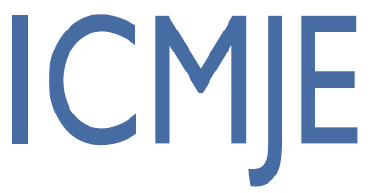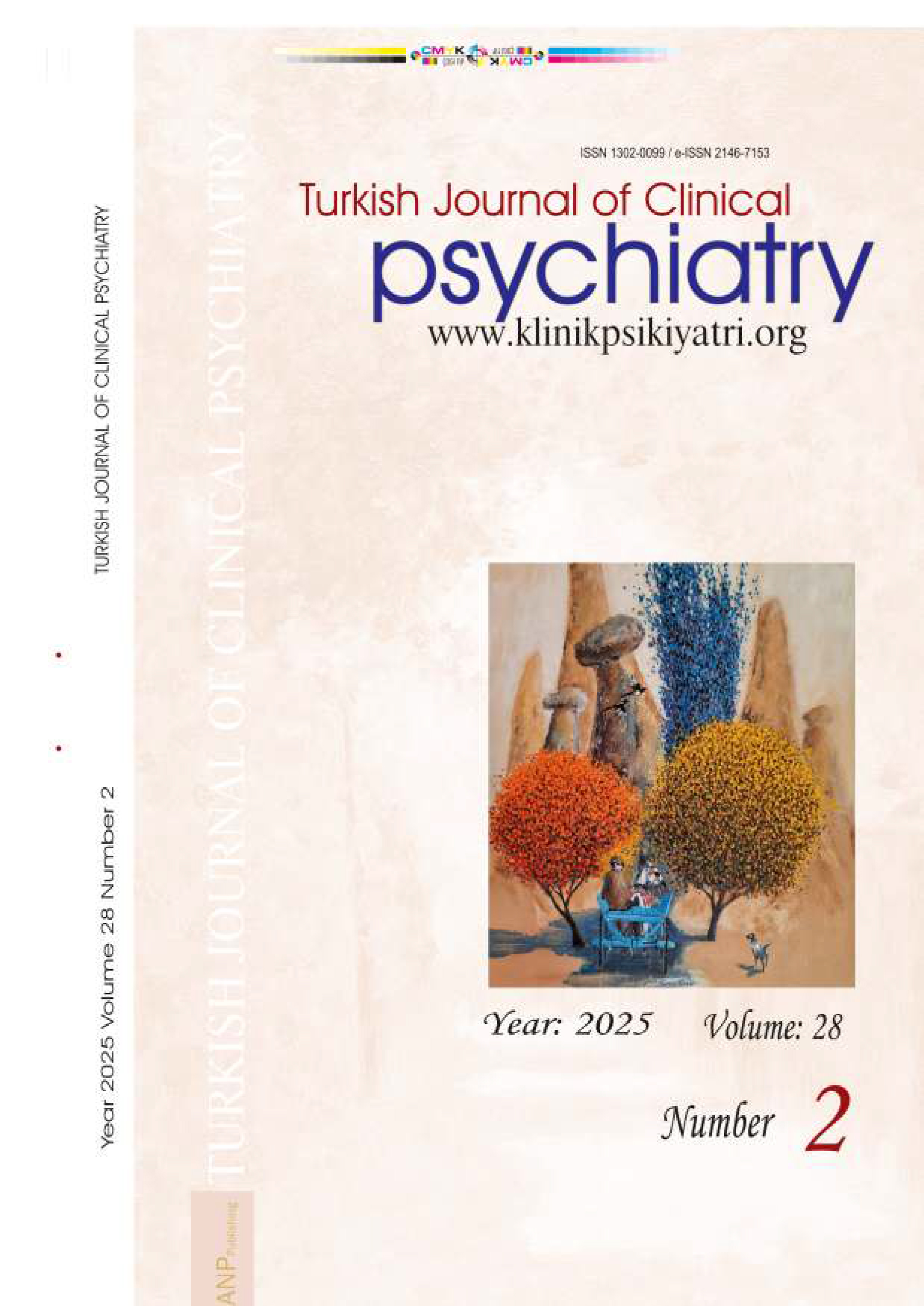





The Impact of the Age at the Onset of Social Anxiety Disorder on the Clinical Course
Ahmet Koyuncu1, Zerrin Binbay2, İlker Özyıldırım3, Erhan Ertekin41Uz.Dr., Batı Bahat Hastaneler Grubu,2Uz.Dr., Kanuni Sultan Süleyman Eğitim ve Araştırma Hastanesi
3Uz.Dr., Serbest Hekim
4Uz.Dr., İstanbul Üniversitesi İstanbul Tıp Fakültesi Psikiyatri Anabilim Dalı, İstanbul
Objectives: The aim of this study is to investigate the ratio of the early and late onset of Social Anxiety Disorder and the effect of this onset situation on Social Anxiety Disorder clinic and course. Method: 247 Social Anxiety Disorder patients were assessed with DSM-IV SCID-I. Sociodemographical data form, Leibowitz Social Anxiety Scale (LSAS), Beck Depression Inventory (BDI) and Global Assessment of Functionality (GAF) were applied to the patients. Two groups were performed according to onset of the disorder at or above the age of 18 (54 patients) and under the age of 18 (193 patients). Early and late onset groups were compared in terms of sociodemographical variables, clinical features and scales and variables were determined which were related to early and late onset. Results: The onset of 78.1 % of the Social Anxiety Disorder patients were before the age of 18. In the early onset group, the age at onset of the first depressive episode were smaller, total number of depressive episodes and the atypicality in depression was higher, the avoidance and fear and total scores of LSAS and BDI scores were higher, the mean scores of current and past year GAF were lower. Conclusion: In the case of early onset in social anxiety disorder patients, the severity of social anxiety disorder and depression and the recurrence rates of depression were higher and functionality were found to be lower. It is important to diagnose and start the treatment in the social anxiety disorder patients earlier.
Keywords: Key Words: Social anxiety disorder, early onset, late onset.Sosyal Anksiyete Bozukluğunda Başlangıç Yaşının Klinik Gidiş Üzerine Etkisi
Ahmet Koyuncu1, Zerrin Binbay2, İlker Özyıldırım3, Erhan Ertekin41Uz.Dr., Batı Bahat Hastaneler Grubu,2Uz.Dr., Kanuni Sultan Süleyman Eğitim ve Araştırma Hastanesi
3Uz.Dr., Serbest Hekim
4Uz.Dr., İstanbul Üniversitesi İstanbul Tıp Fakültesi Psikiyatri Anabilim Dalı, İstanbul
Amaç: Bu çalışmanın amacı sosyal anksiyete bozukluğu (SAB) hastalarında erken ve geç başlangıçlı SAB oranlarının belirlemek ve başlangıç durumunun SAB kliniğine ve seyrine etkilerini araştırmaktır. Yöntem: 247 SAB hastası DSM-IV SCID-I ile değerlendirildi. Hastalara sosyode- mografik veri formu, Leibowitz sosyal anksiyete ölçeği (LSAÖ), Beck depresyon ölçeği (BDÖ) ve işlevselliğin genel değerlendirilmesi (IGD) dolduruldu. SAB başlangıç yaşı 18‘in altında olan 193 hasta erken başlangıç, SAB başlangıç yaşı 18 ve üstünde olan 54 hasta ise geç başlangıç grubu olarak belirlendi. Erken ve geç başlangıç grupları sosyodemografik, klinik özellikler ve ölçekler açısından karşılaştırıldı ve erken ve geç başlangıç grupları ile ilişkili değişkenler belirlendi. Bulgular: Hastaların %78.Tinin SAB başlangıç yaşı 18 yaşından öncedir. Erken başlangıç grubunun, geç başlangıç grubuna göre ilk depresif epizod yaşı daha düşük, toplam depresif epizod sayısı ve depresyonda atipiklik daha yüksek, LSAÖ kaygı, kaçınma ve toplam skor ve BDÖ skor ortalaman daha yüksek, IGD başvuru anında ve geçen yıl ortalamaları daha düşük olarak bulunmuştur. Sonuç: SAB hastalarında erken başlangıç durumunda, SAB semptom şiddeti ve depresyon şiddeti ve rekürrensi artmış ve işlevsellik düşmüş olarak bulunmuştur. Bu nedenle SAB hastalarının erken yaşlarda yakalanması ve tedavilerinin başlanması önemlidir.
Anahtar Kelimeler: Anahtar Sözcükler: Sosyal anksiyete bozukluğu, erken başlangıç, geç başlangıç.Manuscript Language: English
(5144 downloaded)










